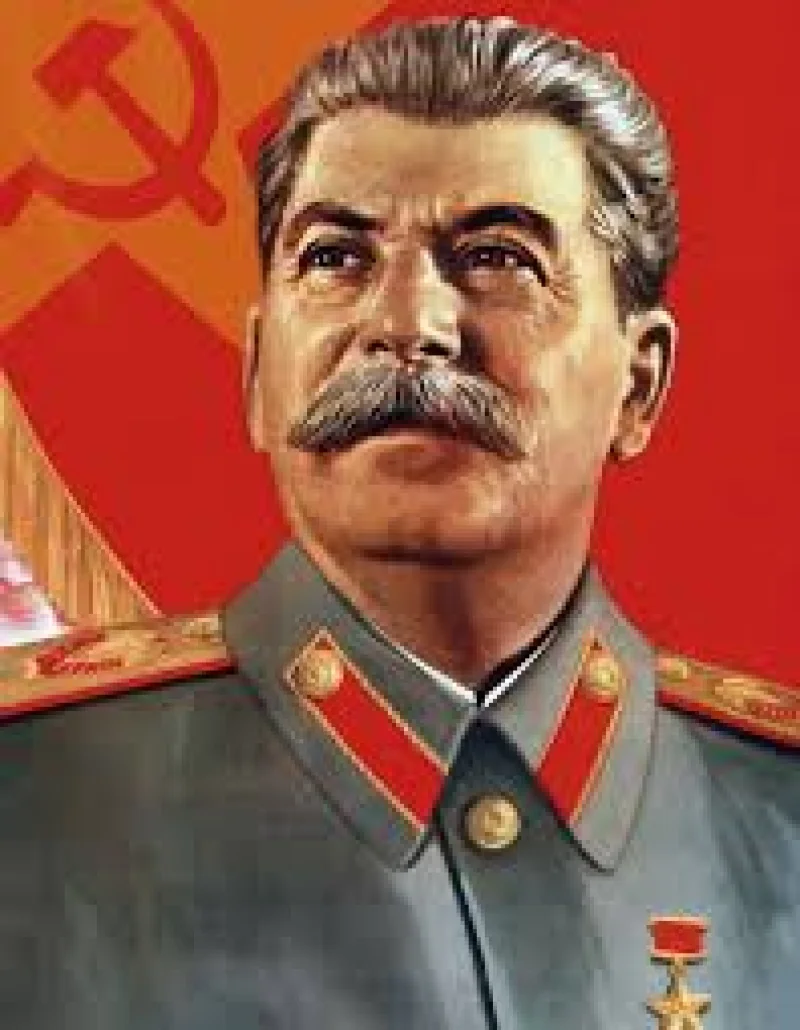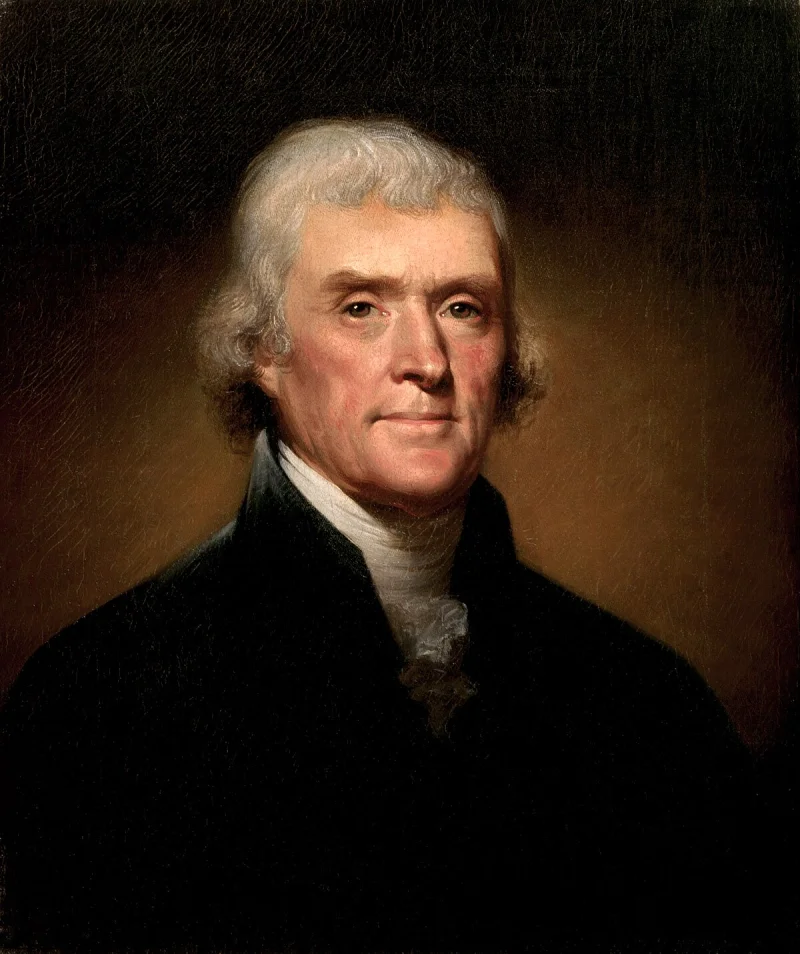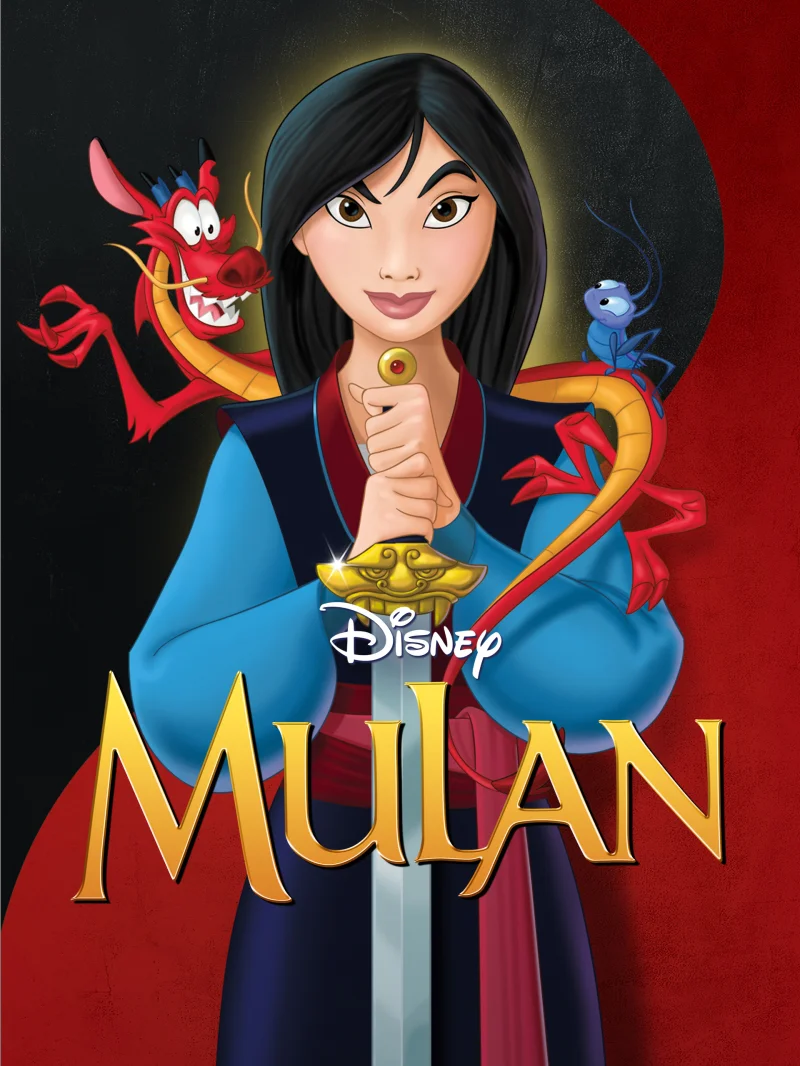Short Summary
Joseph Stalin was a Soviet political leader who rose to power in the early 20th century and served as the General Secretary of the Communist Party of the Soviet Union from 1922 until his death in 1953. He is best known for his role in transforming the Soviet Union into a global superpower through rapid industrialization and collectivization. Despite his significant achievements, he is also infamous for his authoritarian regime, which led to widespread purges and human rights abuses. Stalin's leadership significantly shaped the course of Soviet and world history during the 20th century.
Early Life & Education
Joseph Stalin was born as Iosif Vissarionovich Dzhugashvili on December 18, 1878, in the Georgian town of Gori, then part of the Russian Empire. He was the son of a cobbler and a laundress. Stalin attended a local church school and later earned a scholarship to the Tiflis Theological Seminary, where he was exposed to Marxist ideology. His early years were marked by poverty, and he often faced harsh discipline, which may have contributed to his later authoritarian tendencies. Stalin eventually abandoned his religious studies to join the revolutionary movement against the Russian monarchy.
Career Highlights
Stalin's political career began with his involvement in the Bolshevik faction of the Russian Social Democratic Labour Party. He played a key role in the 1917 Russian Revolution, which led to the establishment of the Soviet state. In 1922, he became the General Secretary of the Communist Party, a position he used to consolidate power. Stalin's leadership was marked by significant events such as the Great Purge, World War II, and the establishment of the Eastern Bloc. His policies of rapid industrialization and collectivization transformed the Soviet economy but at a tremendous human cost.
Major Achievements
- Industrialization and Collectivization: Transformed the Soviet Union into a major industrial power through the Five-Year Plans.
- Victory in World War II: Played a crucial role in the defeat of Nazi Germany, establishing the USSR as a superpower.
- Eastern Bloc Formation: Expanded Soviet influence in Eastern Europe post-World War II, shaping global geopolitics during the Cold War.
- Modernization of the Red Army: Enhanced military capabilities that bolstered Soviet defense and global standing.
- Establishment of Totalitarian Regime: Centralized power, creating a highly controlled government structure.
Famous Quotes
- "Death is the solution to all problems. No man – no problem."
- "Ideas are more powerful than guns. We would not let our enemies have guns, why should we let them have ideas?"
- "A single death is a tragedy; a million deaths is a statistic."
Interesting Facts
- Stalin's birth name was Iosif Vissarionovich Dzhugashvili; he later adopted the moniker "Stalin," meaning "man of steel."
- He was expelled from the Tiflis Theological Seminary for allegedly promoting Marxist propaganda.
- Stalin's regime was responsible for the deaths of millions, often cited as one of history's most brutal dictatorships.
- He was known for his paranoia and conducted purges to eliminate perceived threats within the Communist Party.
- Despite his harsh rule, Stalin was instrumental in establishing the Soviet Union as a world superpower.
Legacy / Influence
Stalin's legacy is deeply complex and controversial. He is credited with transforming the Soviet Union into a formidable global power, but his regime was marked by severe repression and widespread atrocities. The policies and practices implemented under his leadership left a lasting impact on Soviet society and the global geopolitical landscape, influencing Cold War dynamics. Despite the passage of time, debates about his leadership and its consequences continue to shape historical discourse.
FAQ
Q: Why is Joseph Stalin famous?
A: He is famous for leading the Soviet Union and transforming it into a global superpower, as well as for his authoritarian regime and human rights abuses.
Q: What were Stalin's major policies?
A: His major policies included rapid industrialization, collectivization of agriculture, and the establishment of a totalitarian regime.
Q: How did Stalin rise to power?
A: He rose to power by consolidating his position within the Communist Party and eliminating political rivals.
Q: What was the Great Purge?
A: The Great Purge was a campaign of political repression and persecution in the Soviet Union from 1936 to 1938, targeting perceived enemies of Stalin's regime.










